When the coronavirus epidemic exploded march of this past year, illegal migration on the Hungarian-Serbian border essentially stopped; economic migrants did not try to enter Hungary, as was evident in published statistics on the Police.hu site. The migrants were most active during the 1st and 9th week of this past year; the number of intercepted illegal crossings, captures, arrests, and proceedings was over one thousand. This number fell to eight hundred on the 10th week, under seven hundred on the 11th, and barely reached two hundred on the 12th week. The numbers continually decreased until the 17th week; at that point a mere eighteen attempted trekking into the European Union. Among them, ten border-crossing attempts were prevented, six individuals were intercepted, and two were captured.
The situation began to deteriorate from week 20, the middle of May
After two weeks, there were eight hundred attempts to illegally cross the border within seven days. Since then, these numbers have ranged between 595 and 908.
However, towns along the border have barely felt anything from the increased activity of illegal migrants. Magyar Nemzet spoke to Ferenc Ferenczi, mayor of Tiszasziget in Csongrád-Csanád county: migrants rarely popup in our town, but when they do, the border guards
along with the help of the civil guard, can quickly detain them.
He pointed out that, on occasion, the migrants do come close to towns. One such case was a week and a half ago near Tiszasziget and Újszentiván when a couple of illegal migrants hid among the neighboring sunflower fields. “It took around two-three hours until we got them” said Mr. Ferenczi. He noted that, for now, the migrants don’t have any new tricks up their sleeves—they keep going at it with their old methods.
According to him, the ground is too hard to dig a tunnel; within this region
the ladder method is most common.
They prop the ladder on the fence and try to climb over—but most who choose this method are often caught. The mayor of Tiszasziget continued: “Earlier, many came up the Tisza with inflatable boats from Magyarkanizsa (Kanjiža) and Törökkanizsa (Novi Kneževac). Actually, the border guards have had to confiscate so many inflatable boats that there is now a shortage of them in the region and in Serbia. For now, it seems that due to the multitude of commandeered boats, there won’t be as many attempts with this method.” Róbert Molnár, also a mayor in Csongrád-Csanád county, in the town Kübekháza, revealed to Magyar Nemzet: the border authorities are fulfilling their duties, so we don’t see any migrants here.
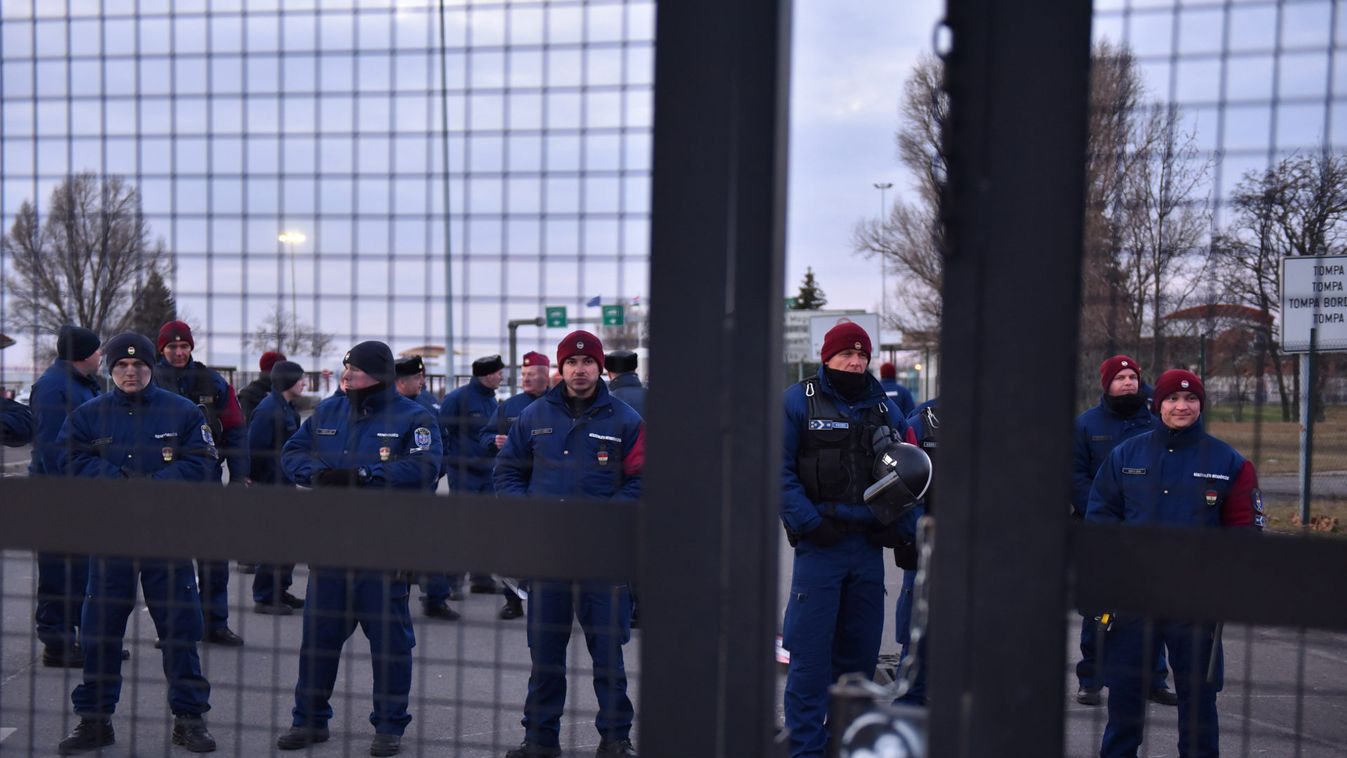
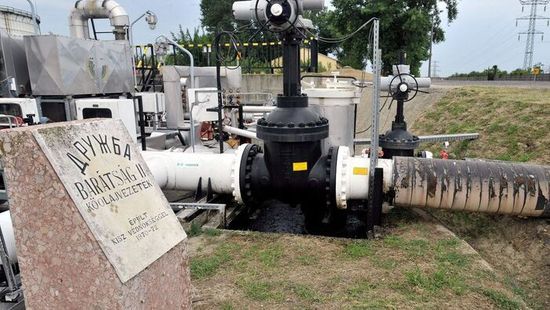











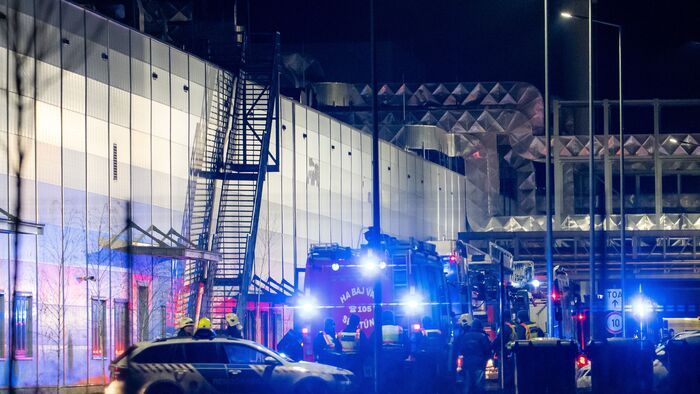


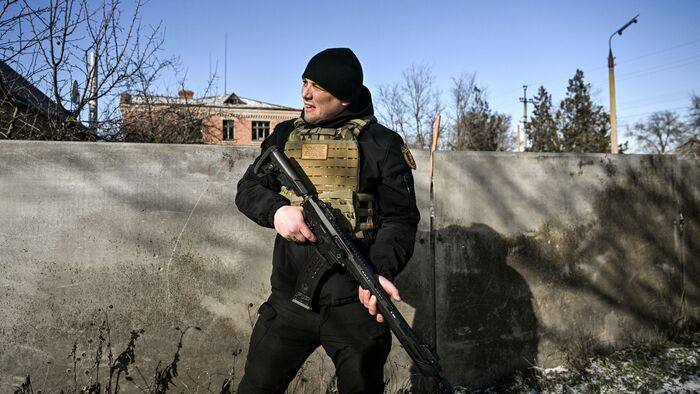




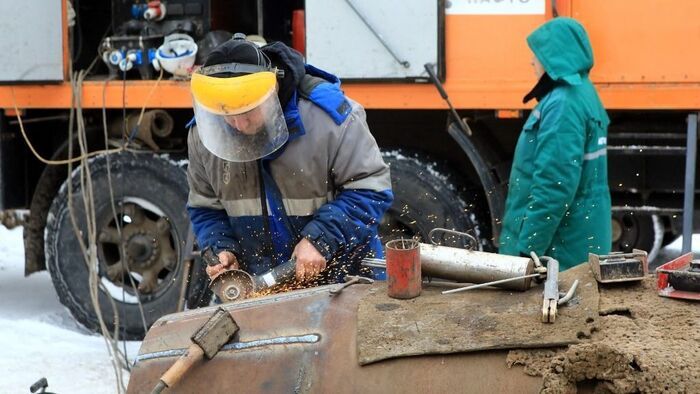

Szóljon hozzá!
Jelenleg csak a hozzászólások egy kis részét látja. Hozzászóláshoz és a további kommentek megtekintéséhez lépjen be, vagy regisztráljon!